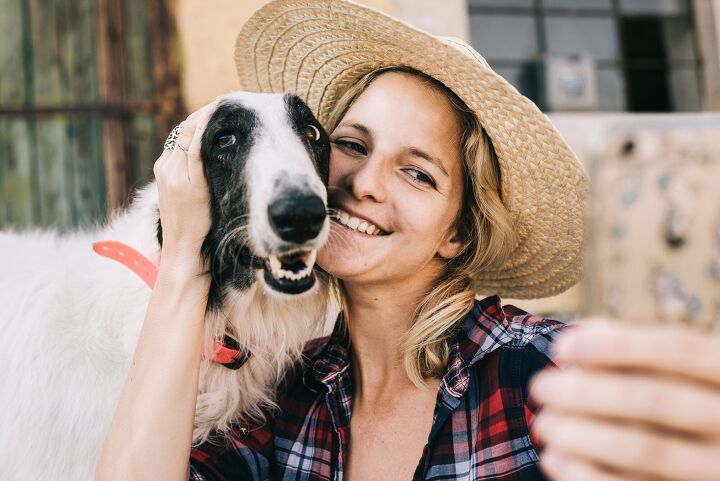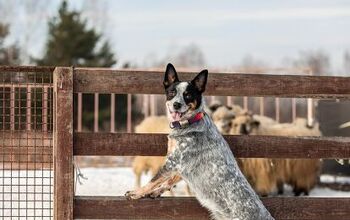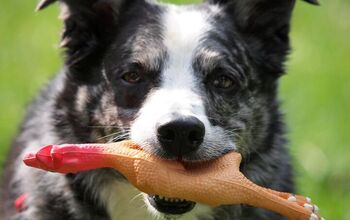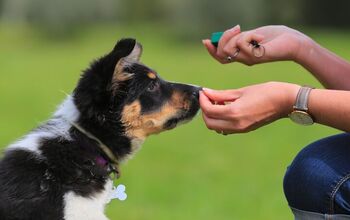AI Could Match You with a New Furry Friend Based on Personality

In a cutting-edge study, scientists specializing in canine behavior have used artificial intelligence to predict dog personality types. A multi-disciplinary research team has developed an AI algorithm that simplifies the painstaking process of evaluating canine personalities.
Understanding a dog’s temperament is key not only for pet owners but also for training agencies and professionals working with working dogs.
The study, which introduces a brand-new method of predicting and categorizing dog personalities, is published in the eminent journal Scientific Reports.
The team that developed the algorithm hopes that it will more quickly and accurately evaluate which dogs are better suited for long-term careers, such as assisting people with disabilities and helping law enforcement.
This new approach to predicting dog personalities could also be used to match owners with a new furry best friend. The new AI algorithm can help shelters place dogs in the right homes, thus reducing the number of dogs returned for not being the right fit for their adoptive families.
Before this algorithm, canine behavioral experts used questionnaires and statistical analysis to determine a dog’s personality. The AI algorithm uses data from almost 8,000 responses to the commonly used Canine Behavioral Assessment and Research Questionnaire (C-BARQ).
The C-BARQ questionnaire has been the top resource for evaluating working dogs in the past two decades.
“C-BARQ is highly effective, but many of its questions are also subjective,” said James Serpell, a professor of ethics and animal welfare emeritus at the University of Pennsylvania School of Veterinary Medicine. “By clustering data from thousands of surveys, we can adjust for outlying responses inherent to subjective survey questions in categories such as dog rivalry and stranger-related fear.”
The team’s new AI algorithm gathers the responses to C-BARQ questions into five main categories that essentially form the digital personality of a dog.
The results showed five distinctive personality types among domestic dogs, including excitable/attached, anxious/fearful, reactive/assertive, aloof/predatory, and calm/agreeable.
The study was conducted over two years by a multi-disciplinary research team consisting of Dr Mohammad Amirhosseini of the University of East London and Professor James Serpell of the University of Pennsylvania School of Veterinary Medicine. The research was sponsored by Dogvatar, a Miami, Florida-based canine technology startup.
“This innovative AI-based methodology holds promise for revolutionizing the selection and training of dogs for specific roles, both for working and non-working,” said Dr Amirhosseini.
Almost 50 percent of people who surrender their dogs to animal shelters in the USA say that behavioral problems are a contributing factor, and nearly a quarter say that those problems are the main reason for giving up their dog.
More research is needed to understand the nuances of canine personalities. However, researchers hope to promote strong bonds between people and their dogs by designing effective training programs and customized dog-owner interactions.
According to researchers, these findings could serve as a foundation to explore personality matching between dogs and their owners and how that might improve the quality of their relationship.
Dogvatar and the research team plan to conduct further research into potential uses for their dog personality testing algorithm.
“This has been a really exciting breakthrough for us,” said Dogvatar CEO Piya Pettigrew. “This algorithm could greatly improve efficiency in working dog training and placement process and could help reduce the number of companion dogs brought back to shelters for not being compatible. It’s a win for both dogs and the people they serve.”
Join the PetGuide community. Get the latest pet news and product recommendations by subscribing to our newsletter here.

Nevena is a freelance writer and a proud mom of Teo, a 17-year-old poodle, and Bob, a rescued grey tabby cat. Since childhood, she had a habit of picking up strays and bringing them home (luckily, her parents didn't know how to say NO). When she's not writing for her fellow pet parents, Nevena can be found watching Teo sleep. To her defense, that's not as creepy as it sounds!
More by Nevena Nacic























